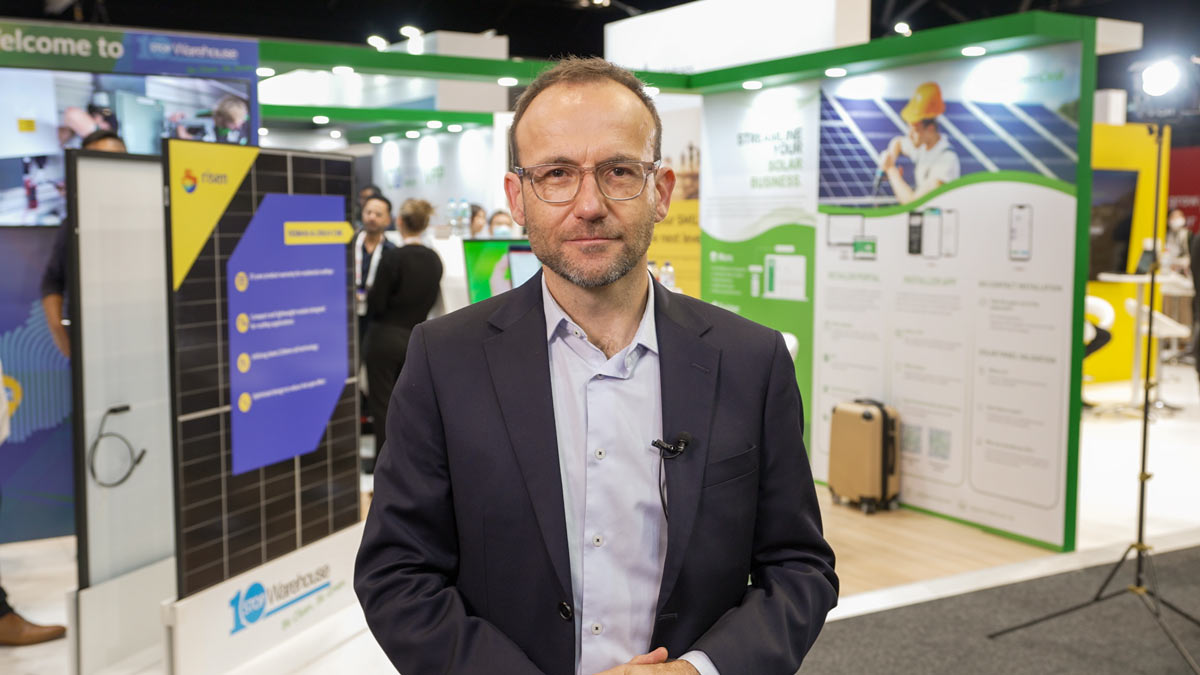The Australian Greens will seek to pressure the next government to commit to a 2030 deadline for phasing out the use of coal, should the party find itself in a balance-of-power position following the federal election.
Greens leader Adam Bandt says committing to a specific date for the phase out of coal would likely be a prerequisite for any successful Australian bid for host a future round of international climate talks.
Bandt says key priorities for the party are the ouster of the Morrison government, and pressuring a potential Labor government to join an international commitment to phase out the use of coal.
“The Greens will use our power in the next Parliament to kick the Liberals out and push the next government to join the Powering Past Coal Alliance,” Bandt said in comments ahead of an Australian Institute webinar on Thursday.
“Joining the Powering Past Coal Alliance will be the entry ticket for the next global climate summit in Cairo as well as hosting any future summit here in Australia.”
“We support Labor’s call to host a climate summit here, but if Labor keeps backing new coal mines, the world won’t let it happen.”
The Powering Past Coal Alliance was jointly launched by Canadian prime minister Justin Trudeau and UK prime minister Boris Johnson at the COP23 conference in 2017, and makes a commitment to phase out the use of coal and coal fired power stations by 2030.
Just under 50 countries have joined the alliance, including several members of the European Union, the United Kingdom, Canada and New Zealand. A further 48 sub-national jurisdictions have joined the alliance, including the ACT and the City of Sydney.
But Australia has not joined the alliance, with the Turnbull and Morrison governments refusing to set a hard deadline for phasing out coal generation.
While Labor is taking more ambitious climate policies to the election, it has also stopped short of setting a date for phasing out coal, and has even suggested it could support the development of new coal mines should they ‘stack up’ environmentally and economically.
Labor has also committed to bidding to host a future round of UN climate talks in Australia, and would offer an opportunity to Pacific region neighbours to co-host the talks in some capacity.
Bandt says the Greens would seek to pressure a future government to recognise the need to end the development of new fossil fuel projects as part of efforts to tackle climate change, with each of the major parties backing the development of new projects.
“Coal and gas are the main cause of the climate crisis. Phasing out coal while supporting coal workers and communities must be at the top of the next government’s agenda,” Bandt says.
“Liberal and Labor want to open up 114 new coal and gas projects. The Greens will kick the Liberals out and push Labor to adopt a comprehensive plan to power past coal and gas, including by joining the worldwide movement of countries striving to do the same.”
The call to set a deadline for the end of coal use has been echoed by five leading medical colleges from across Australia and New Zealand.
The groups, representing 56,000 health workers and led by the Royal Australian College of General Practitioners, issued a joint letter on Thursday that calls for coal to be replaced by renewable energy by 2030.
“In order to protect Australians from the health impacts of both air pollution and climate change, and in accordance with recommendations by the World Health Organization, we call on all energy companies and all levels of government to commit to replacing coal with renewable energy by 2030,” the letter says.
The Greens are hoping to boost their representation in the House of Representatives at the election, where they are currently only represented by Bandt, and are targeting the Brisbane seats of Griffith and Ryan, the Melbourne seat of Higgins and the Northern Rivers seat of Richmond.
The Greens have a genuine prospect of securing the balance of power in their own right in the Senate, with a likelihood that the party will hold as many as 12 senate seats after the election.









